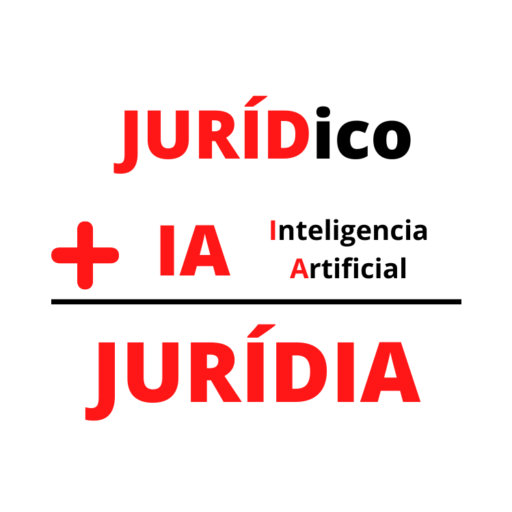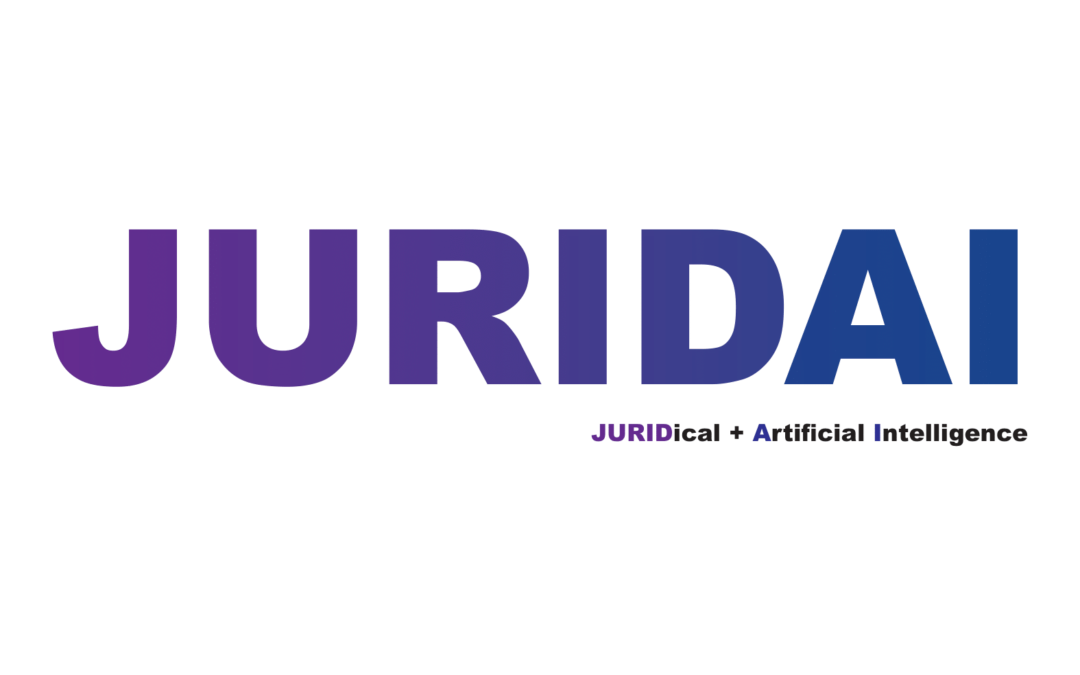By: Prof. Dr. Camilo Alfonso Escobar Mora, certified as a post-doctorate in law, Ph.D. in law, master’s (LL.M.) degree in commercial law, master’s degree in law and information technology, master’s degree in telecommunications law, lawyer, author of several books on legal validity and founder of JURIDAI In-house legal training services to Organizations Creating AI Systems on general principles of law regarding AI www.juridia.co. Contact: [email protected].
The legal relationship is the environment related to what is defined in the law. A legal relationship is any environment in which rights and duties exist/apply/proceed. That is to say, it is the relation that exists between something – between a being, subject or object – (related to what is defined in the whole of the law) and the form of, the existence of, rights and duties.
That is why it is not a question of the contractual legal relationship or the non-contractual legal relationship. It’s about the legal relationship. That is to say, of the/any relationship in which rights and duties must be exercised (exist, apply, proceed).
That is the reason why the enforcement of the law (compliance with the law) is tailored to the/each/every legal relationship. Therefore, a valid legal relationship is one in which rights are enjoyed and duties are fulfilled.
The duty to be juridical (juridical/legal must be) – the duty to be legal; the legal must be – (the duty to be of the law – the must defined in the whole of what is defined in the, whole of the, law –) is the enjoyment of rights and the fulfillment of duties. Legal validity is when it exists. Legal certainty is the certainty of the existence of such compliance with the law. Legal effectiveness is the exercise of rights and duties.
So, what is decisive is legal diligence. That is to say, (the one who) complies with (what is defined in) the – whole of – law. Based on the way in which it applies to each person according to (the form of) each legal relationship.
Is there a legal relationship between law and artificial intelligence? Yes. Because rights and duties exist (must be exercised) in relation to artificial intelligence. To the extent of each legal relationship in which there is (the, one, some form of the, existence of) artificial intelligence.
Strictly speaking, the legal relationship is between human beings. It exists between human beings. In relation to human beings. Because human beings are the ones who have rights and duties. They are the ones who must comply with the law. Who should/must exercise/apply it.
When what is known as artificial intelligence exists in this relationship, there must be the enjoyment of the rights and fulfillment of the duties in relation to it (based on the form in which the legal relationship in which the artificial intelligence exists).
That is the form (of existence) of valid artificial intelligence. Because it exists on the basis of the enjoyment of rights and the fulfillment of duties. This means that there is an exercise of rights and duties in relation to artificial intelligence.
The human being is the one who is responsible for it. It’s responsible for getting artificial intelligence right. Good. For good. Well-being. He does/achieves it when he’s diligent. When it exists in some diligent way.
Then, it must be clarified/known how rights and duties exist. How they are exercised. How the law is complied with. How the law is defined. How rights are enjoyed and duties fulfilled.
On a general level and in relation to artificial intelligence. That is the legal relationship between law and artificial intelligence. It consists of knowing how the law should/must be complied with in relation to it and in achieving it/applying it/doing it.
The solution is to know the law. The basis of the law (legal basis). The parts and the whole of the law. The conditions of the existence of rights and duties. The form (of existence) of the exercise of rights and duties.
The philosophy of law/the theory of law/the foundation of law/the whole of law/law is the answer. Because that knowledge clarifies how rights and duties exist.
Strictly speaking, the solution is to know and comply/apply/exercise the law. Which (only) exists when rights are enjoyed and duties are fulfilled (there is no fulfillment of the law when rights and duties are not exercised).
There are parts of the law related to its breach. But when that is applied, the law is not being complied with. That part of the law applies. Because there is no enjoyment of (including, all) rights and fulfillment of (including, all) duties.
Finally, it is possible (in short, it must) to clarify/specify/simplify the form of the exercise of rights and duties. That’s what well-being is all about. Evolution. Diligence. The law. The good.
Knowledge (the solution, the answer) exists. It must be deciphered. Clarify. Optimize. Simplify. Apply. Enjoy. Achieve. Advance. Improve. Experience. Feel. Know. Recognize. Fulfill. For example, in relation to so-called artificial intelligence (A.I.).

